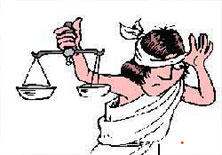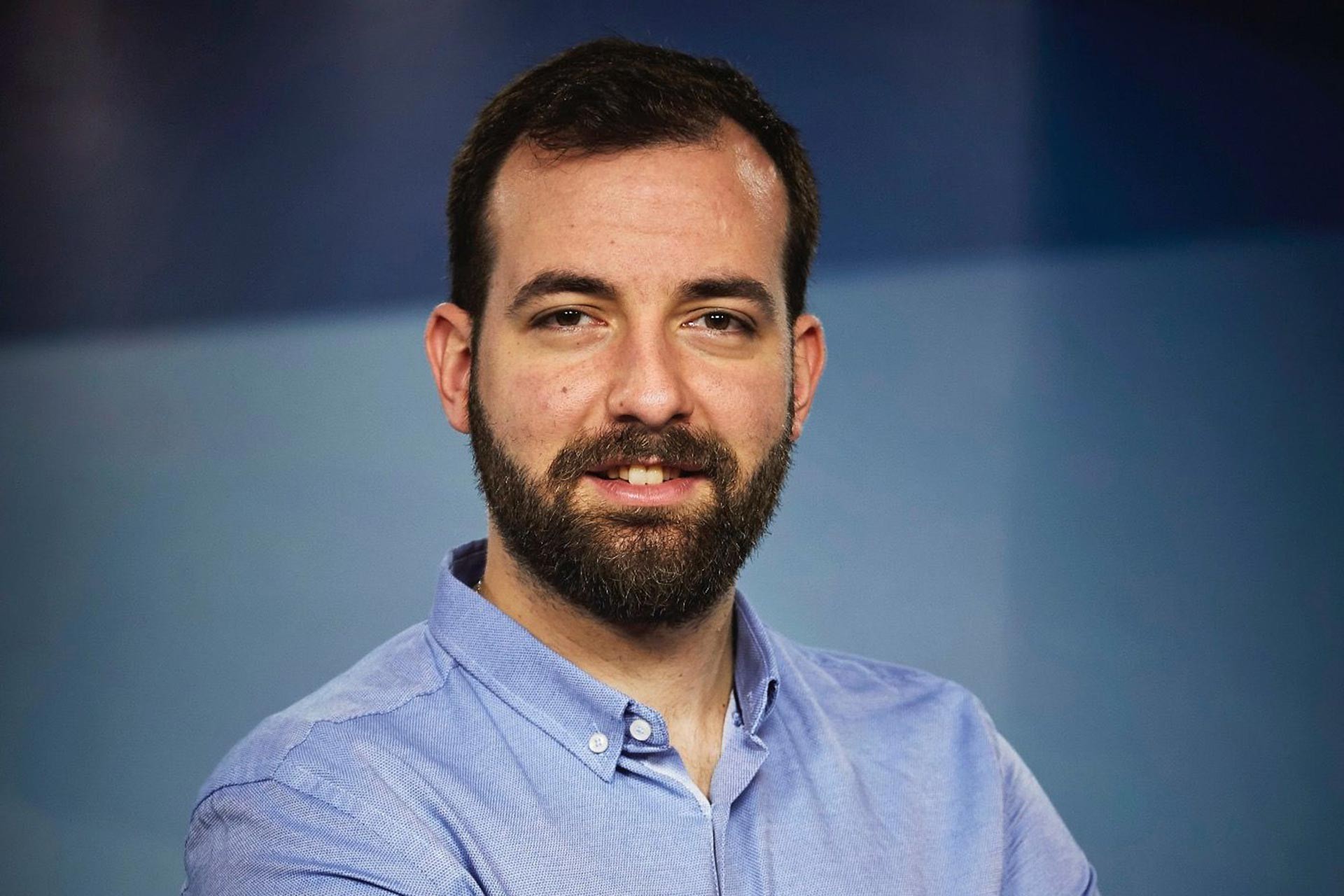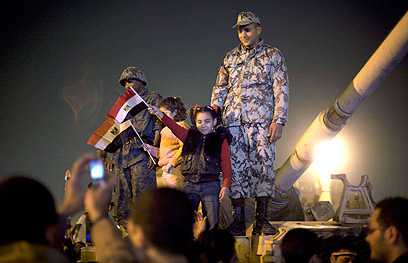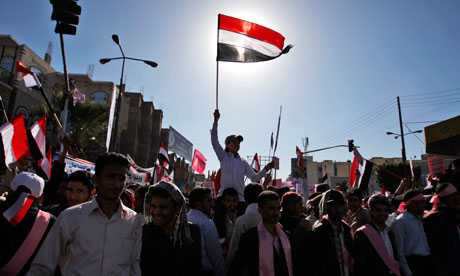TURKISH FORUM WELLCOMES THE DECISION AND THANKS TO THE US SUPREME COURT

THE US SUPREME COURT RULES:
Humanitarian Law Project v. U.S. Attorney General Holder, Secretary of State Clinton. HLP sued the United States claiming that providing lobbying, public relations, legal services and other types of assistance to the PKK <TE terrorist organizations were freedom of speech protected by the US Constitution.
With a vote of 6-3, the Supreme Court strongly disagreed, holding freedom of speech does not include materially assisting a group listed as a terrorist organization by the US Department of State. The Supreme Court further held that it is not an excuse or defense that a person did not have knowledge of whether a group he/she was assisting is on the Terror List or whether his/her assistance to such group would further the terrorist acts of the group.
The United States Supreme Court ruling also noted that: “It is not difficult to conclude as Congress did that the “taint” of such violent activities is so great that working in coordination with or at the command of the PKK and LTTE serves to legitimize and further their terrorist means.”
==================================================================================

PKK & Tamil Tiger advocates in U.S. using ‘Freedom of Speech’ right amounts to Aiding Terrorism – US Supreme Court rules
Tue, 2010-06-22 14:25 — editor
Daya Gamage – US National Correspondent Asian Tribune
Washington, D.C. 22 June (Asiantribune.com):
The United States Chief Justice of the Supreme Court John Roberts delivering the court’s majority decision Monday, June 21 giving a final blow to advocates of terrorism/separatism of Sri Lanka’s Tamil Tigers (LTTE) and Turkey’s PKK who use American soil said: “under the material-support statute, plaintiffs may say anything they wish on any topic. They may speak and write freely about the PKK and LTTE, the governments of Turkey and Sri Lanka, human rights and international law. They may advocate before the United Nations.” But they may not coordinate the speech with those groups on the US terrorist list.”
And drawing a distinction between assisting the group and simply speaking on their behalf, the Chief Justice said, “We in no way suggest that a regulation of independent speech would pass constitutional muster.”
The First Amendment which guarantees freedom of speech under the US Constitution does not protect humanitarian groups or others who advise foreign terrorist organizations, even if the support is aimed at legal activities or peaceful settlement of disputes, the Supreme Court ruled Monday.
In a case that weighed free speech against national security, the court voted 6 to 3 to uphold a federal law banning “material support” to foreign terrorist organizations. That ban holds, the court said, even when the offerings are not money or weapons but things such as “expert advice or assistance” or “training” intended to instruct in international law or appeals to the United Nations.
Chief Justice John Roberts wrote the court’s majority opinion upholding the Material Support statute as applied even to peacemakers. He noted that Congress and the executive branch had both concluded that even benign support like this can benefit terrorist organizations by giving them an air of legitimacy, or allowing such organizations to use negotiations to stall while they regroup from previous losses. What’s more, Roberts said, allowing such peaceful advocacy would undermine U.S. relations with allies, like Turkey, which is in a violent struggle with the PKK. It is vital in this context, he said, not to substitute “our own judgment” for that of Congress and the executive branch. The material support statute, he noted, is a “preventive measure — it criminalizes not terrorist attacks themselves but aid that makes the attacks more likely to occur,” and in this context the government “is not required to conclusively link all the pieces in the puzzle before we grant weight to its conclusions.”
The law barring material support was first adopted in 1996 and strengthened by the USA Patriot Act adopted by Congress right after the September 11 attacks. It was amended again in 2004.
The law bars knowingly providing any service, training, expert advice or assistance to any foreign organization designated by the U.S. State Department as terrorist.
The law, which carries a penalty of up to 15 years in prison, does not require any proof the defendant intended to further any act of terrorism or violence by the foreign group.
This litigation concerns 18 U. S. C. §2339B, which makes it a federal crime to “knowingly provide material support or resources to a foreign terrorist organization.” Congress has amended the definition of “material support or resources” periodically, but at present it is defined as follows:
“The term ‘material support or resources’ means any property, tangible or intangible, or service, including currency or monetary instruments or financial securities, financial services, lodging, training, expert advice or assistance, safehouses, false documentation or identification, communications equipment, facilities, weapons, lethal substances, explosives, personnel (1 or more individuals who may be or include oneself), and transportation, except medicine or religious materials.”
In full, 18 U. S. C. §2339B(a)(1) provides: “Unlawful Conduct.—
Whoever knowingly provides material support or resources to a foreign terrorist organization, or attempts or conspires to do so, shall be fined under this title or imprisoned not more than 15 years, or both, and, if the death of any person results, shall be imprisoned for any term of years or for life. To violate this paragraph, a person must have knowl¬edge that the organization is a designated terrorist organization . . ., that the organization has engaged or engages in terrorist activity . . .,
Plaintiffs in this litigation are two U. S. citizens and six domestic organizations: the Humanitarian Law Project HLP) (a human rights organization with consultative status to the United Nations); Ralph Fertig (the HLP’s president, and a retired administrative law judge); Nagalingam Jeyalingam (a Tamil physician, born in Sri Lanka and a naturalized U. S. citizen); and five nonprofit groups dedicated to the interests of persons of Tamil descent.
Plaintiffs claimed that they wished to provide support for the humanitarian and political activities of the PKK and the LTTE in the form of monetary contributions, other tangible aid, legal training, and political advocacy, but that they could not do so for fear of prosecution under §2339B.
As relevant here, plaintiffs claimed that the material support statute was unconstitutional on two grounds:
First, it violated their freedom of speech and freedom of association under the First Amendment, because it criminalized their provision of material support to the PKK and the LTTE, without requiring the Government to prove that plaintiffs had a specific intent to further the unlawful ends of those organizations. Second, plaintiffs argued that the statute was unconstitutionally vague.
Both arguments were rejected by the Supreme Court.
The case is directly connected to Sri Lanka because the Humanitarian Law Project was representing two U.S.-designated foreign terrorist organizations (FTO) one of which is the Liberation Tigers of Tamil Eelam (Tamil Tigers) which claimed during its 26-year armed struggle for a separate independent nation in the north and east of Sri Lanka as the ‘sole representative of the Tamil People’. The outfit was militarily defeated May 2009 within the borders of Sri Lanka eliminating the entire Tamil Tiger leadership but has energized a section of the West-domiciled Tamil Diaspora floating an organization called Provisional Transnational Government of Tamil Eelam to diplomatically lobby to achieve ‘self-determination’ for the Sri Lanka Tamil minority (12%), meaning a separate independent state of Eelam.
A meeting of the World Tamil Forum was held recently in London which advocated an economic blockade of Sri Lanka citing war crimes, human rights abuses, genocide against minority Tamils and other atrocities. It was addressed by British Foreign Secretary Miliband and graced by Prime Minister Gordon Brown. The inaugural meeting of the Provisional Transnational Government of Tamil Eelam was held in Philadelphia convened by its provisional held Visuvanathan Rudrakumaran a Sri Lanka-born naturalized US citizen who has a law practice in New York.
The Government of Sri Lanka and its overseas diplomatic representatives in the West have to figure out how to prevent a ‘Kosovo-type situation’ emerging in the international arena which can gather support for the ‘cause’ the proponents of the Transnational Government of Tamil Eelam seeking.
It is in this context that Sri Lanka which is faced with this challenged overseas from the remnants of the Tamil Tigers who are connected to the Humanitarian Law Project which challenged some provisions of the ‘Material Support Law’ which was rejected by the US Supreme Court on Monday.
Following are salient sections of the Supreme Court ruling:
(Begin Excerpts) (d) As applied to plaintiffs, the material-support statute does not violate the freedom of speech guaranteed by the First Amendment.
(1) Both plaintiffs and the Government take extreme positions on this question. Plaintiffs claim that Congress has banned their pure political speech. That claim is unfounded because, under the material-support statute, they may say anything they wish on any topic. Section 2339B does not prohibit independent advocacy or membership in the PKK and LTTE. Rather, Congress has prohibited “material support,” which most often does not take the form of speech.
And when it does, the statute is carefully drawn to cover only a narrow category of speech to, under the direction of, or in coordination with foreign groups that the speaker knows to be terrorist organizations.
On the other hand, the Government errs in arguing that the only thing actually at issue here is conduct, not speech, and that the correct standard of review is intermediate scrutiny, as set out in United States v. O’Brien, 391 U. S. 367, 377. That standard is not used to review a content-based regulation of speech, and §2339B regulates plaintiffs’ speech to the PKK and the LTTE on the basis of its content.
Even if the material-support statute generally functions as a regulation of conduct, as applied to plaintiffs the conduct triggering coverage under the statute consists of communicating a message. Thus, the Court “must [apply] a more demanding standard” than the one described in O’Brien. Texas v. Johnson, 491 U. S. 397, 403
(2) The parties agree that the Government’s interest in combating terrorism is an urgent objective of the highest order, but plaintiffs argue that this objective does not justify prohibiting their speech, which they say will advance only the legitimate activities of the PKK and LTTE. Whether foreign terrorist organizations meaningfully segregate support of their legitimate activities from support of terrorism is an empirical question. Congress rejected plaintiffs’ position on that question when it enacted §2339B, finding that “foreign organizations that engage in terrorist activity are so tainted by their criminal conduct that any contribution to such an organization facilitates that conduct.” §301(a), 110 Stat. 1247, note following §2339B.
The record confirms that Congress was justified in rejecting plaintiffs’ view. The
PKK and the LTTE are deadly groups. It is not difficult to conclude, as Congress did, that the taint of their violent activities is so great that working in coordination with them or at their command legitimizes and furthers their terrorist means.
Moreover, material support meant to promote peaceable, lawful conduct can be diverted to advance terrorism in multiple ways. The record shows that designated foreign terrorist organizations do not maintain organizational firewalls between social, political, and terrorist operations, or financial firewalls between funds raised for humanitarian activities and those used to carry out terrorist attacks. Providing material support in any form would also undermine cooperative international efforts to prevent terrorism and strain the United States’ relationships with its allies, including those that are defending themselves against violent insurgencies waged by foreign terrorist groups.
(3) The Court does not rely exclusively on its own factual inferences drawn from the record evidence, but considers the Executive Branch’s stated view that the experience and analysis of Government agencies charged with combating terrorism strongly support Congress’s finding that all contributions to foreign terrorist organizations—even those for seemingly benign purposes—further those groups’ terrorist activities. That evaluation of the facts, like Congress’s assessment, is entitled to deference, given the sensitive national security and foreign relations interests at stake.
The Court does not defer to the Government’s reading of the First Amendment. But respect for the Government’s factual conclusions is appropriate in light of the courts’ lack of expertise with respect to national security and foreign affairs, and the reality that efforts to confront terrorist threats occur in an area where information can be difficult to obtain, the impact of certain conduct can be difficult to assess, and conclusions must often be based on informed judgment rather than concrete evidence. The Court also finds it significant that Congress has been conscious of its own responsibility to consider how its actions may implicate constitutional concerns.
Most importantly, Congress has avoided any restriction on independent advocacy, or indeed any activities not directed to, coordinated with, or controlled by foreign terrorist groups. Given the sensitive interests in national security and foreign affairs at stake, the political branches have adequately substantiated their determination that prohibiting material support in the form of training, expert advice, personnel, and services to foreign terrorist groups serves the Government’s interest in preventing terrorism, even if those providing the support mean to promote only the groups’ nonviolent ends.
It simply holds that §2339B does not violate the freedom of speech as applied to the particular types of support these plaintiffs seek to provide.
(e) Nor does the material-support statute violate plaintiffs’ First Amendment freedom of association. Plaintiffs argue that the statute criminalizes the mere fact of their associating with the PKK and the LTTE, and thereby runs afoul of this Court’s precedents. The Ninth Circuit correctly rejected this claim because §2339B does not penalize mere association, but prohibits the act of giving foreign terrorist groups material support. Any burden on plaintiffs’ freedom of association caused by preventing them from supporting designated foreign terrorist organizations, but not other groups, is justified for the same reasons the Court rejects their free speech challenge.
Plaintiffs want to speak to the PKK and the LTTE, and whether they may do so under §2339B depends on what they say. If plaintiffs’ speech to those groups imparts a “specific skill” or communicates advice derived from “specialized knowledge”—for example, training on the use of international law or advice on petitioning the United Nations— then it is barred.
Whether foreign terrorist organizations meaningfully segregate support of their legitimate activities from support of terrorism is an empirical question. When it enacted §2339B in 1996, Congress made specific findings regarding the serious threat posed by international terrorism.
One of those findings explicitly rejects plaintiffs’ contention that their support would not further the terrorist activities of the PKK and LTTE: “[F]oreign organizations that engage in terrorist activity are so tainted by their criminal conduct that any contribution to such an organization facilitates that conduct.”
Plaintiffs argue that the reference to “any contribution” in this finding meant only monetary support. There is no reason to read the finding to be so limited, particularly because Congress expressly prohibited so much more than monetary support in §2339B. Congress’s use of the term “contribution” is best read to reflect a determination that any form of material support furnished “to” a foreign terrorist organization should be barred, which is precisely what the material-support statute does. Indeed, when Congress enacted §2339B, Congress simultaneously removed an exception that had existed in §2339A(a) for the provision of material support in the form of “humanitarian assistance to persons not directly involved in” terrorist activity. That repeal demonstrates that Congress considered and rejected the view that ostensibly peaceful aid would have no harmful effects.
We are convinced that Congress was justified in rejecting that view. The PKK and the LTTE are deadly groups. “The PKK’s insurgency has claimed more than 22,000 lives.” The LTTE has engaged in extensive suicide bombings and political assassinations, including killings of the Sri Lankan President, Security Minister, and Deputy Defense Minister. (End Excerpts)
The United States Supreme Court ruling also noted that: “It is not difficult to conclude as Congress did that the “taint” of such violent activities is so great that working in coordination with or at the command of the PKK and LTTE serves to legitimize and further their terrorist means.”
– Asian Tribune –





 “Unless this Turkish community forming part of the Turkish race which has been the terrible enemy of Hellenism is expelled, the duty of the heroes of EOKA can never be considered as terminated.”
“Unless this Turkish community forming part of the Turkish race which has been the terrible enemy of Hellenism is expelled, the duty of the heroes of EOKA can never be considered as terminated.”


